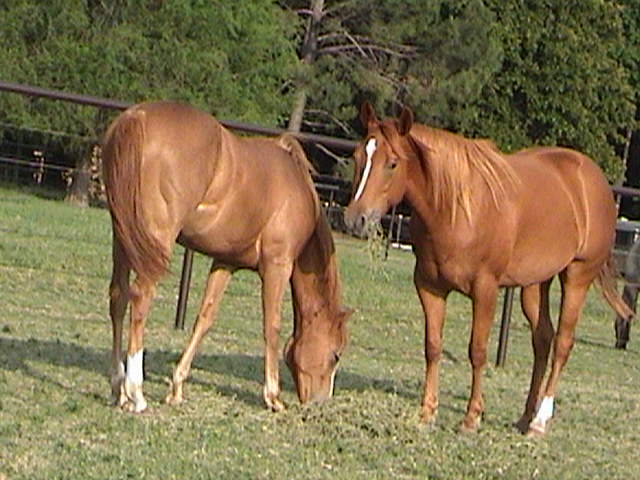
LAB Opening Times


Worming your horse ONLY when it's needed…

Please be aware of our annual holiday lab closure week commencing Monday 9th of June – 16th of June. Please don’t post your samples after Wednesday 4th June to 16th of June otherwise samples may get held up in the Royal Mail sorting office and become too old to test.
Royal Mail 1st class delivery is taking over 6 days in many cases. Please can you postpone sending non-urgent worm egg counts to us until Thursday 2nd January so they don’t get held up in the system over Christmas and arrive too old to test.
Lab closure Monday 23rd of December – 2nd Jan.
We would like to wish our friends and valued customers a Happy Christmas and a prosperous New Year!🥳
Please be aware of our annual holiday lab closure week commencing Monday 26th of August – 2nd of September. Please don’t post your samples after Tuesday 20th August to 2nd of September otherwise samples may get held up in the Royal Mail sorting office and become too old to test.
Please be aware of our annual holiday lab closure week commencing Monday 29th of July – 5th of August. Please don’t post your samples after Wednesday 24th July to 5th of August otherwise samples may get held up in the Royal Mail sorting office and become too old to test.
Please be aware of post disruption due to the two Easter bank holidays. Please don’t post your samples after Monday 27th May to 3rd of June otherwise samples may get held up in the Royal Mail sorting office and become too old to test.
Please be aware of post disruption due to the two Easter bank holidays. Please don’t post your samples after Monday 25th March to ensure you receive your results before the Easter weekend. Otherwise samples may get held up in the Royal Mail sorting office and become too old to test.

Historically most horse owners have wormed their horses every few months, (so called ‘interval dosing’), without checking the worm burden of the horse first.
However evidence is increasing all the time that we should change our policy:
Worms are becoming ever more resistant to all the groups of wormers, primarily due to the overuse of wormers. There are no new wormers on the horizon, so we need to use existing wormers as efficiently as possible to minimise the development of resistance.
Horses do not need to have a zero worm burden. A low worm burden helps stimulate immunity and is probably beneficial. A faecal worm egg count (FWEC) of 100-200 eggs per gram (epg) is considered acceptable by most clinicians.
In several recent surveys 85-90% of faecal samples had an egg count below this threshold and therefore worming was unnecessary.